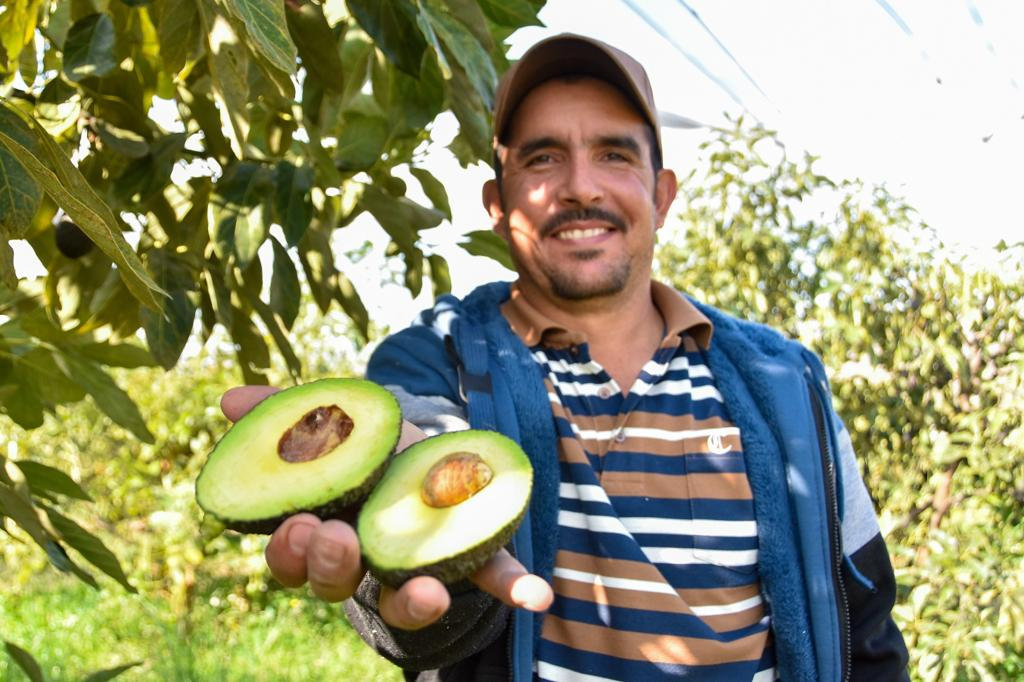Agri-food trade between the United States and Mexico maintains tariff advantages and an upward growth trend.
But how are workers’ conditions and labor justice in Mexico?
In this regard, the National Food and Trade Union (SNAC) recognizes that Mexico is in a strategic position in the new international trade context.
Agri-food trade
Thanks to the Treaty between Mexico, the United States and Canada (USMCA), Mexico will maintain preferential treatment, which means that it will not pay tariffs on agri-food products that are part of this agreement.
«This represents a very important competitive advantage over other nations that will face additional costs to enter the U.S. market. In an environment where demand for food products continues to grow, this condition can strengthen Mexico’s presence in that market and open growth opportunities for companies in the sector,» SNAC said in a press release.
However, from their perspective, this growth must be accompanied by protection and justice for workers.
“Although Mexico is today one of the main suppliers of fresh and processed foods to the United States – such as avocados, tomatoes, meats and beverages – the labor rights of the majority of workers, both inside and outside the formal sector, are systematically violated in Mexico,” it said.
The SNAC emphasized that profound deficiencies persist in the sector’s labor conditions, especially in low wages, poor treatment, employer interference in union life and the right to free association.
Decent conditions
In addition, the U.S. government has indicated that it will pay special attention to ensure that there are no labor dumping practices, i.e., that production costs are not artificially lowered by affecting labor rights, fair wages or decent conditions.
In SNAC’s opinion, a strong industry cannot be sustained solely on the basis of low wages or fragile conditions.
More to the point, according to SNAC: economic growth must go hand in hand with respect for labor rights. “It is time to consolidate a model where workers have stability, access to social security, decent wages and real participation in the industry’s profits,” it said.
The SNAC, in its own words: “We are a co-creator of success stories in companies such as Grupo Bimbo, Grupo Mars, Mondelez, Arcor, Monte Xanic, Hershey, Comex, Alpezzi, Rich’s, Fisher and Paykel, Pastelería Ideal, among others”.
This union, it added, is present and active under current standards and the USMCA in more than 465 work centers, in 210 cities in 32 states and has been part of Mexico’s history for 104 years.

